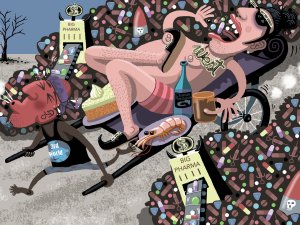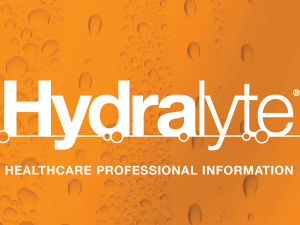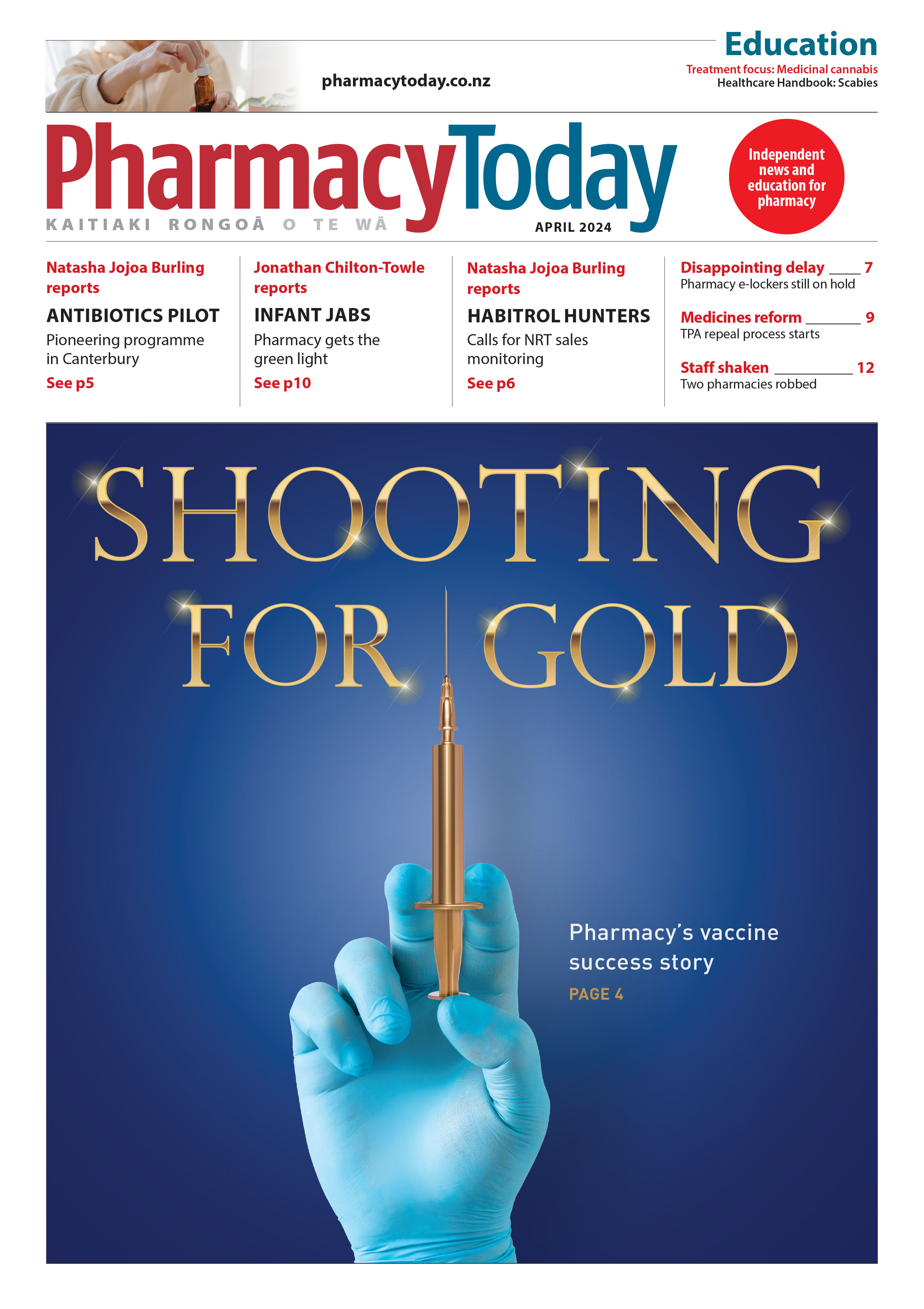In this article, Sue Frankland looks at the global problem of wastage of medications, including causes such as overprescribing and non-adherence. She also presents information from her master’s dissertation on how people understand, and respond to, medication expiration dates
Forget a Christmas miracle - Pharmac consults on making the ultimate sacrifice
Forget a Christmas miracle - Pharmac consults on making the ultimate sacrifice
Today Pharmac released a discussion paper titled Funding of Paediatric Cancer Treatments in New Zealand. As alluded to in the paper, Pharmac have released this document, partly in response to the May 2020 case brought to the Human Rights Commission by Patient Voice Aotearoa (PVA) Trustee, Fiona Tolich. The case centred on saving the lives of 35 children in New Zealand with Spinal Muscular Atrophy (the leading cause of genetic death in infants), whose treatment remained a high priority but unfunded. The focus was on lifting these children up to the same standard of care where a clinician could provide access to the best treatment (in the case of SMA at the time, the only treatment) available.
Based on the case, Chief Human Rights Commissioner Paul Hunt wrote to Pharmac and called on the agency to carry out an urgent review of Pharmac’s refusal to fund Spinraza and encouraged Pharmac to include a societal perspective in their deliberations. The Children’s Commissioner of the time, Andrew Beecroft, waded into the debate stating “I don't want a situation to descend into playing one illness off against the other. And children, with their illnesses, being bargaining chips when they're facing life-threatening conditions…All children in New Zealand, surely, can have access to lifesaving treatment. That must be the starting point.”
While not explicitly stated in the discussion document, it would appear Pharmac are surveying three potential outcomes as a result of the review. They are:
- To allow the status quo to remain. That children in need of oncology non-listed Pharmac medicines can continue to do so, but that children with other diseases continue to be discriminated against
- That this special access to non-Pharmac listed medicines for children with cancer be stopped, so that children with other conditions are not discriminated against
- That the exception rule (8.1b) that allows children with cancer to access non-listed Pharmac medicines be extended for all children, regardless of their condition.
Given the financial ramifications of extending the exception rule to all children, PVA believe that this is the least likely option as Pharmac’s budget is already under severe strain and they reference the advances and rapid growth in new cancer therapies, which one would argue, should be celebrated as opposed to cause for concern. It would also open up a pandora’s box of potential discrimination claims against the agency on the basis of age. PVA believe that the most likely option that Pharmac will pursue will be to either keep the status quo and to allow the discrimination to continue between children with cancer and children with other diseases or for Pharmac to stop children with cancer from accessing non-listed Pharmac medicines. Either option is deplorable
States Tolich “As Pharmac’s document states, New Zealand’s five-year survival rates for children with cancer leads the world because these children can rightly access the medicines they need. The horizon of children’s medicines is bright with the rise of immunotherapies and biological treatments. To think that Pharmac are even contemplating stopping children with cancer accessing these medicines is beyond belief. This is such a dark day. This is stupidity wrapped up in evil.”
States Chair of PVA, Dr Malcolm Mulholland, “This is all about Pharmac’s budget. If Pharmac’s budget was fit for purpose, there is no way we would have a government agency openly declare that they are thinking about stopping funding medicines that save children with cancer. Why would we have any faith in an agency where close to a third of the findings of an independent review criticised them for their lack of leadership and culture? Make no mistake. If Pharmac are true to form, sick New Zealand children will die.”
Tolich concludes, “we need New Zealand to write in and submit to this consultation. In a cruel twist, the consultation concludes at 5pm on the 14th December. While all our most vulnerable children want for Christmas is to live, they might be served the ultimate betrayal by their country”.





